Introduction
Swiss chard is well known for making that delicious dish full of nutrients and closely relates to spinach and beets, the leafy green vegetables. Chloe Thompson investigated its health benefits from the Webmed Archives, and compared it to a nutritional powerhouse.
Chloe’s comparison was generalized and particularly for human benefit. As such, you also need an answer to the question can dogs eat Swiss chard. An informative article in Caninenutritionists.co.uk gives us a straight answer by stating that it contains high contents of Vitamin A, C, E, K, magnesium, iron, manganese, and fiber, all beneficial to dogs.
It’s also low in calories, giving it a whole nutrient pack for your dog. Swiss chard makes a perfect addition to a dog’s diet when given in moderation.
The Benefits of Swiss Chard for Dogs
Swiss chard given in the right amounts to your dog has the following benefits.
- Chard contains high amounts of minerals like magnesium, calcium, iron, potassium, sodium, and iodine. All those minerals work perfectly to compliment your dog’s food.
- The dog’s thyroid hormonal gland requires iodine for better functions and to maintain metabolic levels.
- Potassium enhances the functioning of the dog’s muscles and the nervous system.
- Magnesium improves the dog’s muscles, nervous system, and digestive system.
- Calcium helps in healthier bones, teeth, skin, and nails.
- Iron helps in vital functions like transporting oxygen in the red blood cells in all parts of the dog’s body.
- Swiss chard enables your dog’s body to fight against external agents. Examples of these are bacteria that cause diseases like coughs, colds, phlegm, fever, and mucus. Swiss also improves your dog’s appetite.
- Chard carries low calories supporting your dog’s health concerning blood, liver, vision, immune system, colon, and maintaining proper weight. According to petmd.com, dogs add weight because of eating foods with high calories.
- The veggie contains a lot of water, essential for problems related to kidneys and constipation.
- With high contents of vitamin C, Swiss chard helps in fighting anemia.

Risks of Dogs Eating Swiss Chard
Although your dog can safely eat Swiss chard, exceeding the recommended amounts can cause the following problems.
- It can have digestive problems leading to vomiting, diarrhea, nausea, and stomach pains.
- This vegetable contains oxalic acid harmful to your dog. Acid causes kidney problems and calcium levels depletion. It’s not, therefore, recommended for dog’s already diagnosed with kidney stones risks, osteoporosis, stomach issues and gouts.
How Much Swiss Chard for a Dog
The first thing is to introduce the veggie slowly to your dog to avoid shocking its system. As you know your dog better, feeding reasonable amounts makes sense. Otherwise, you can get expert advice from your pet nutritionist who will consider many factors.
- The vet may recommend one-eighth measurement of a cup to cater for every 20 pounds of your dog.
- For a small dog, the one eighth cup measurement of shredded cabbage leaves is sufficient.
Preparing Swiss Chard for your Dog
Always ensure to cook well before you give your dog the vegetable meal. Once well cooked, you can then chop it up before mixing in the dog’s normal meal.
Sources
- Swiss Chard: 9 Healthy Facts, Chloe Thompson, 2020
- Swiss Chard for Dogs, Gerald Pepin, 2021
- How Your Overweight Pet Could Benefit from Foods Low in Caloric Density, PetMD, 2012
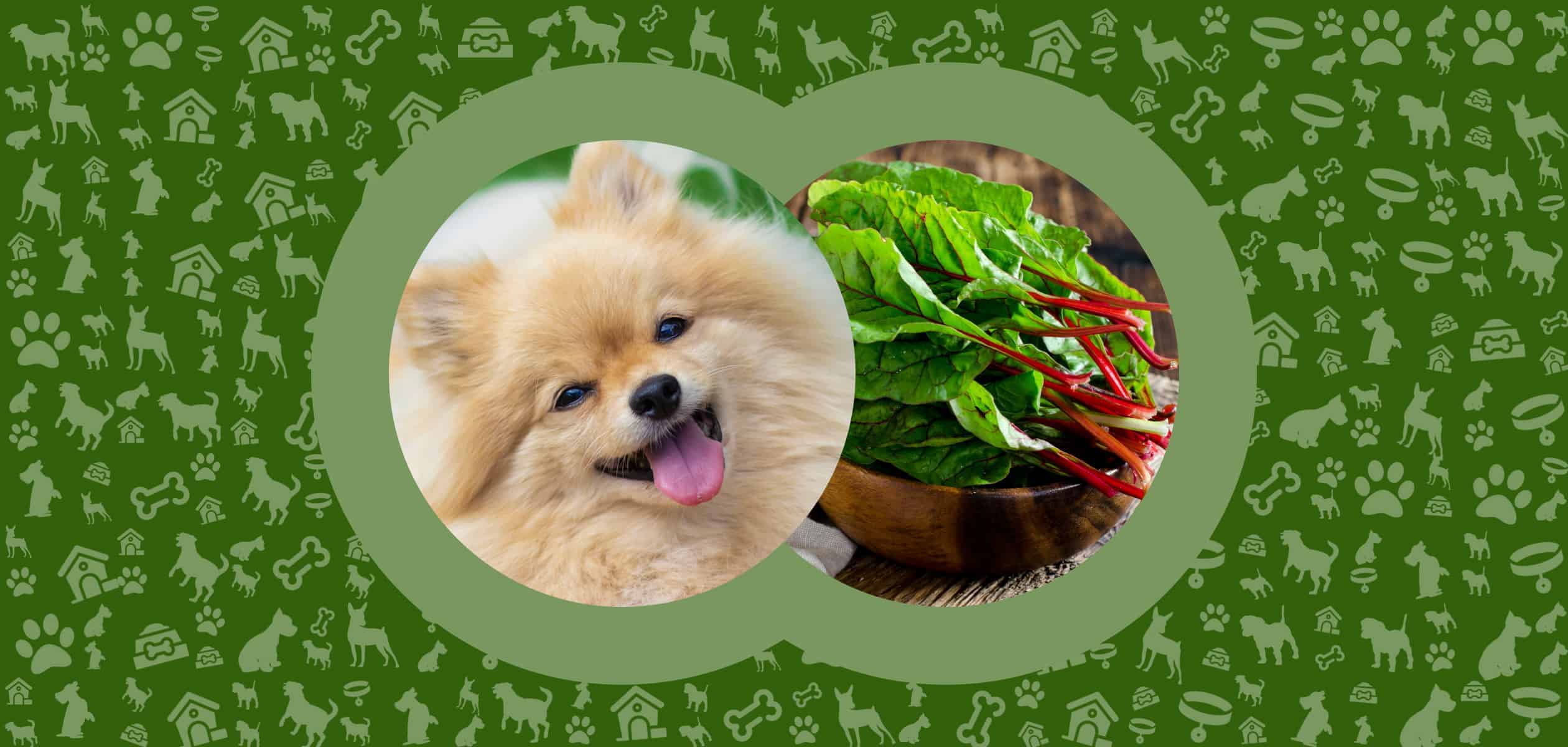
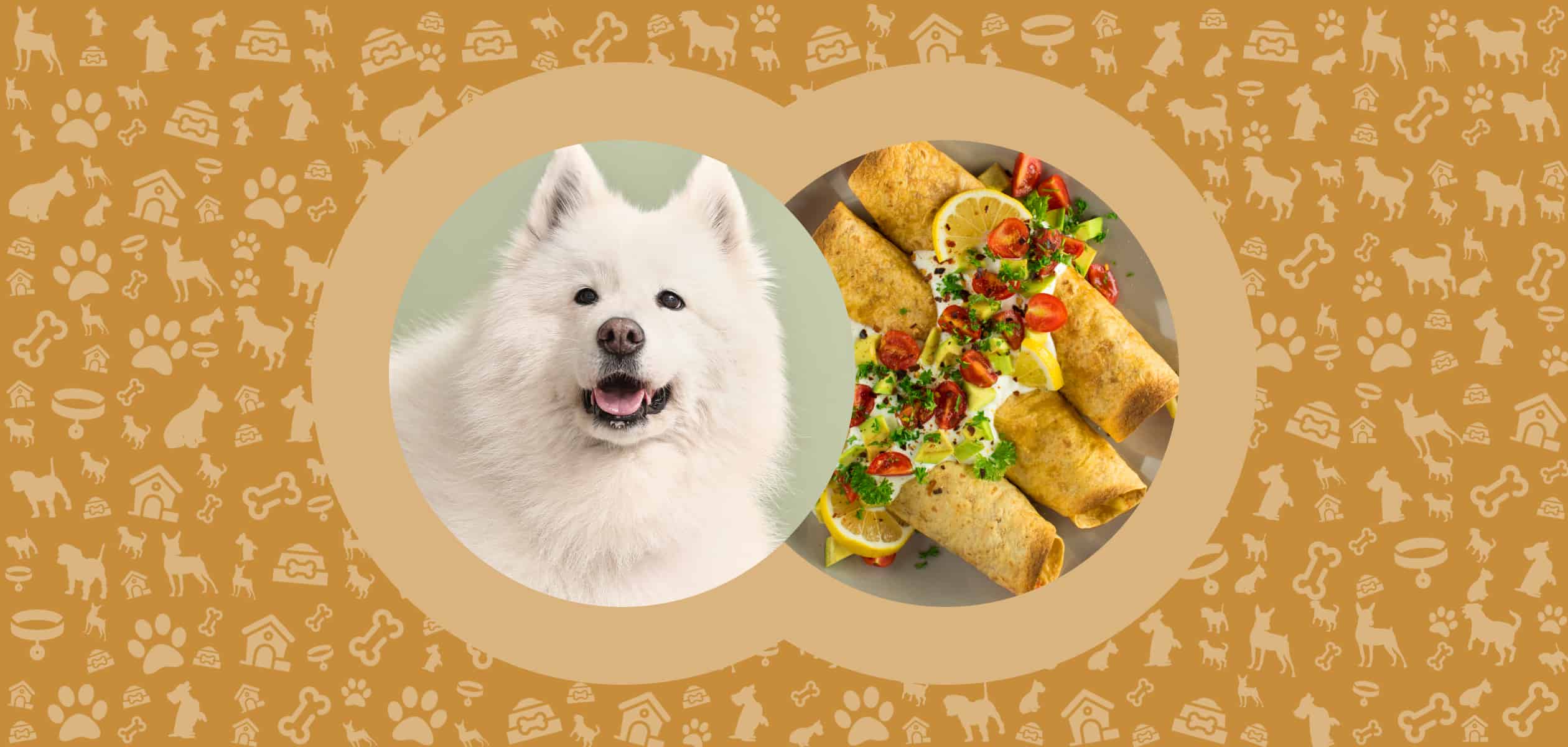
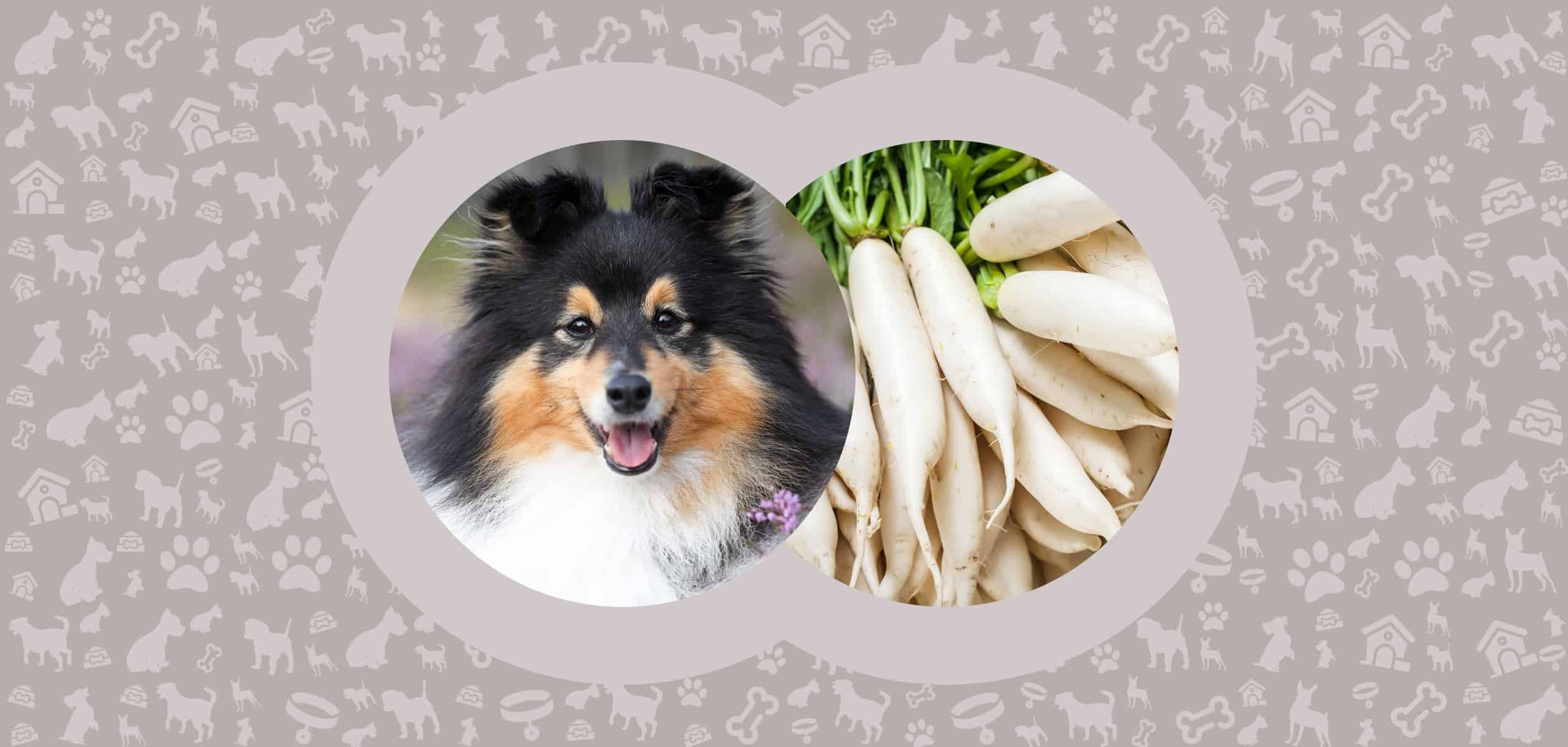
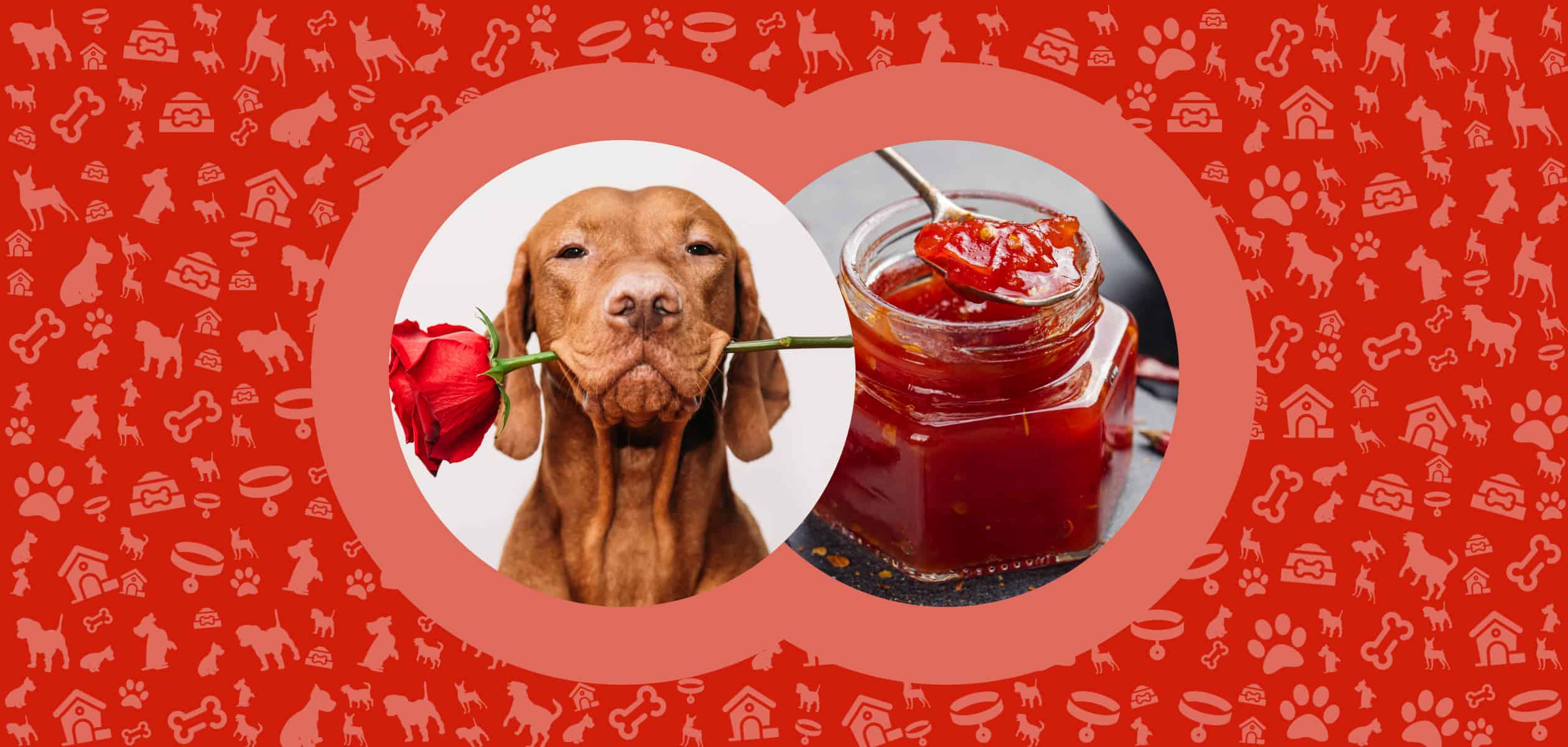
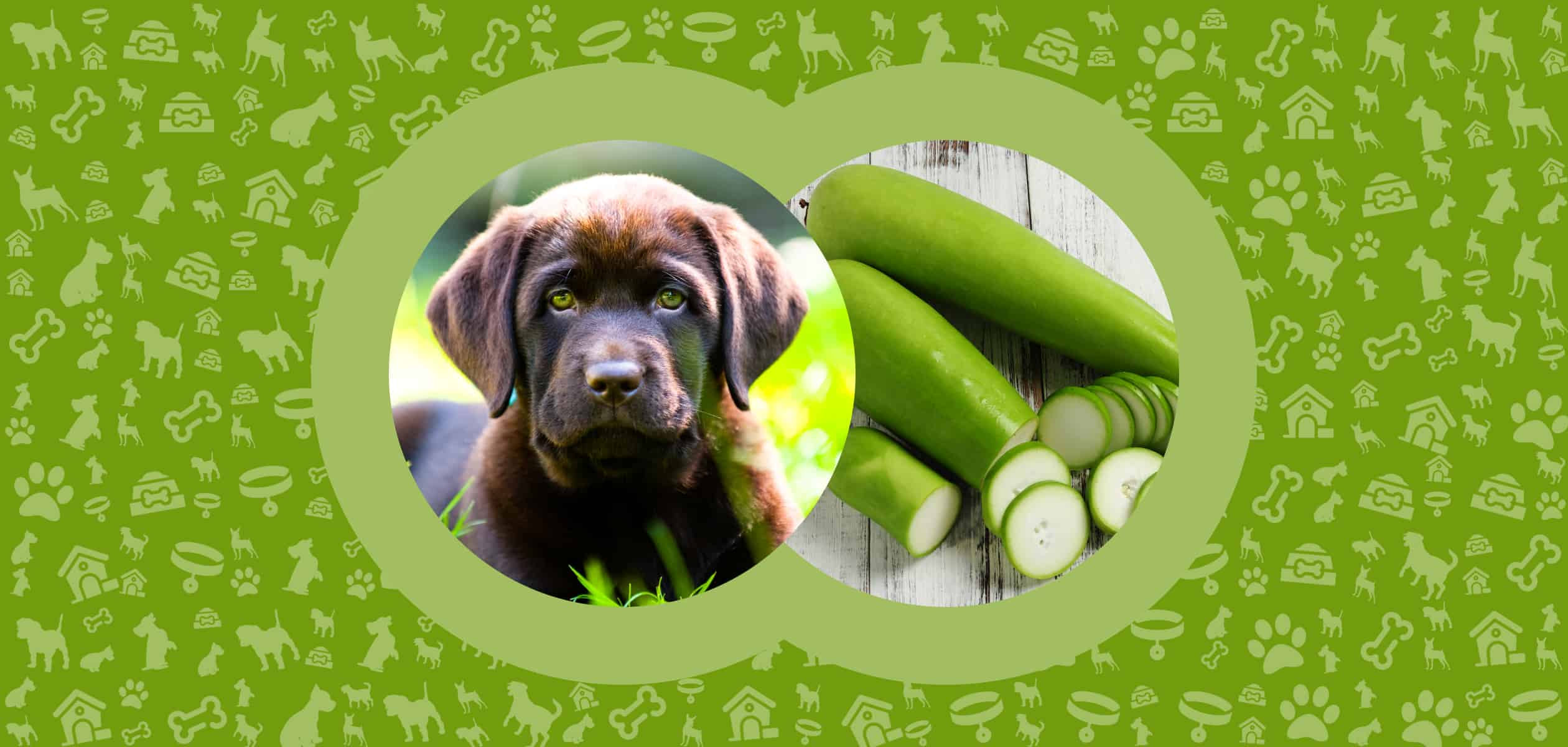
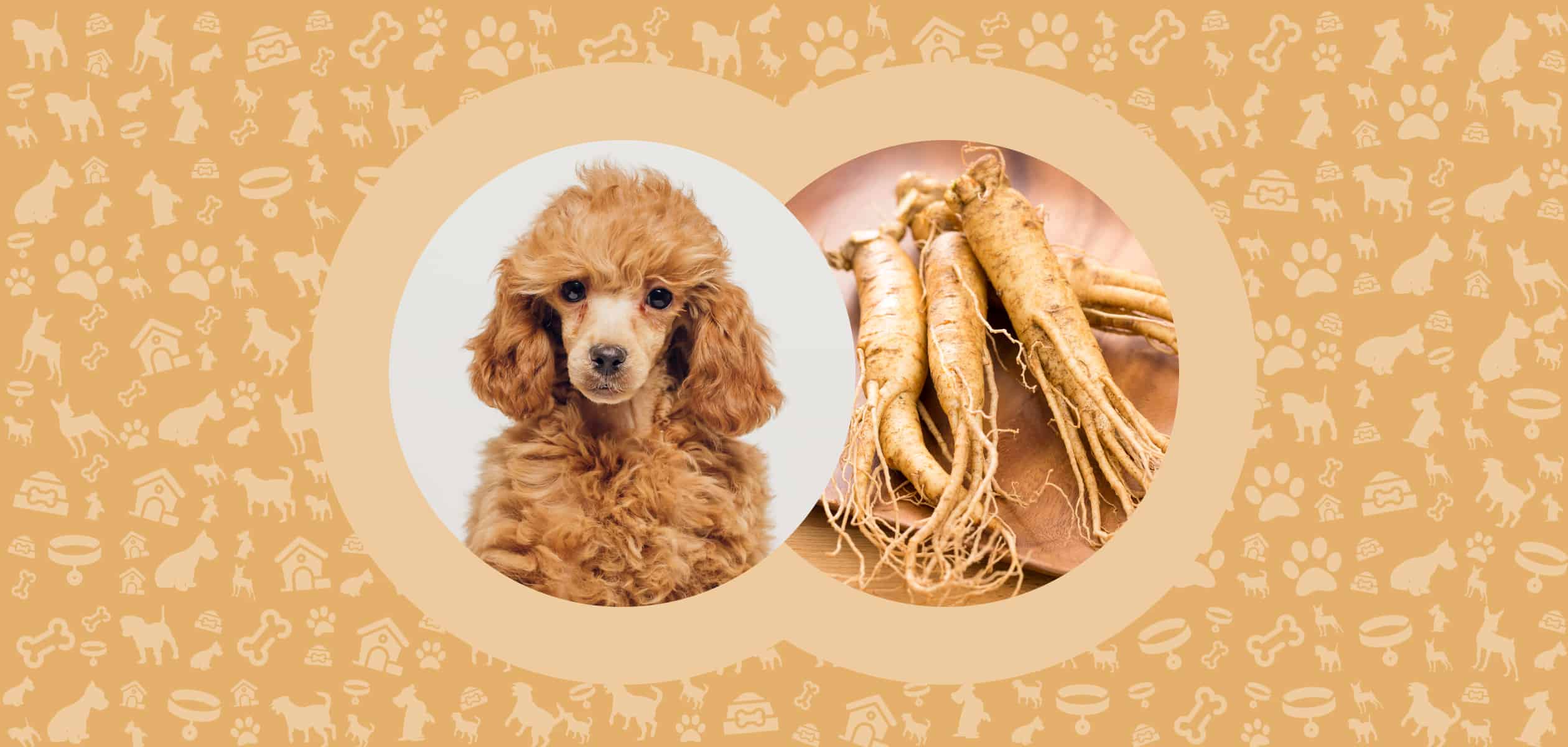
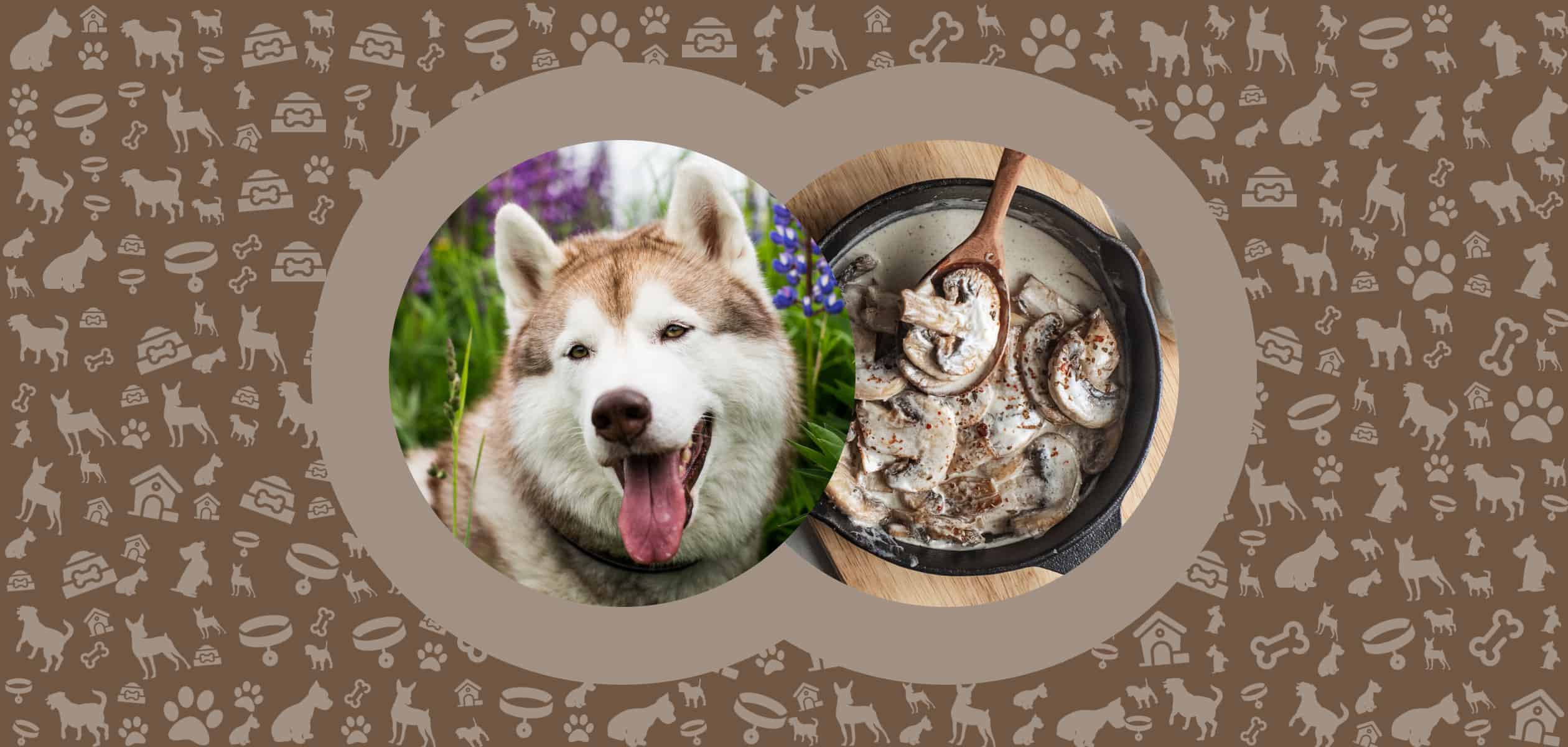
Leave a Comment